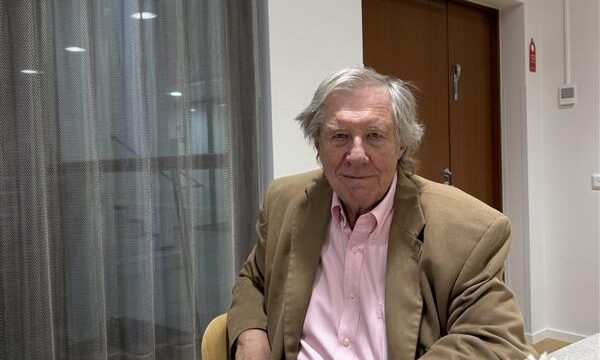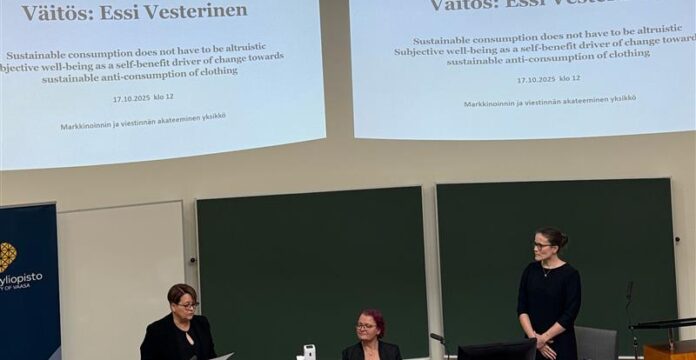We need to focus more on older adults in care services, and it is crucial to recognize, respect, and respond to their agency needs and preferences—particularly in residential care, where they spend their everyday lives, most often until the end of their days. This is highlighted by our unique study that focuses on the oldest- old consumers with an average age of 92 years, published in the most prestigious journal in the field of marketing research.
Our research material is unique because we focus on an important consumer group that is rarely highlighted in marketing and consumer research. We give older adults a voice, rather than letting family members speak for them. Previous studies that rely on relatives’ stories risk overlooking the older adults’ experiences, which can lead to insufficient knowledge about them as consumers and their well-being explains Associate Professor Catharina von Koskull from the University of Vaasa.
The study is based on an extensive ethnographic field study (8 months) in a residential care facility. This context is particularly relevant as we live longer. People over 90 years old are now the fastest-growing age group globally, and according to the World Health Organization (WHO), two out of three older adults will need long-term care and support.
Our research introduces a novel conceptualization of immersive service, defined as “service that consumers are embedded in and surrounded by, in the sense that their life experience is within the service and, in great part, constructed by it for some period of time”. Consumers often experience immersive services in healthcare such as hospital stays and residential care, in education for example in schools and universities, or in the hospitality and travel industry, for example on flights and at resorts.
We have identified four conceptually novel characteristics of immersive service. These are important to marketers as these aspects can limit or threaten consumer agency. We have also identified how consumers overcome challenges to agency. Specifically, consumers pursue five pathways toward their individual and collective agency.
Our findings break new conceptual ground for scholars, while also being relevant for managers, consistent with the ideals of ‘Better Marketing for a Better World.’
The project began in 2018 during my Fulbright visit at ASU, in collaboration with Laurie Anderson. In 2022, Johanna Gummerus from Hanken joined the team, and in 2023 Martin Mende – then at Florida State University, now at ASU – joined forces with us. This long journey – at times put on hold- has been deeply rewarding, and above all, I am grateful to the wonderful older ladies who-without a blink- shared their wisdom and stories about aging and everyday life within the care facility. Their openness made this work possible, and their voices will remain at the heart of this work.
Check out the article here: https://journals.sagepub.com/eprint/CQQWDRE96G2DZS4KDKC2/full
This blog post was written by Associate Professor Catharina von Koskull, Marketing/School of Marketing and Communication




